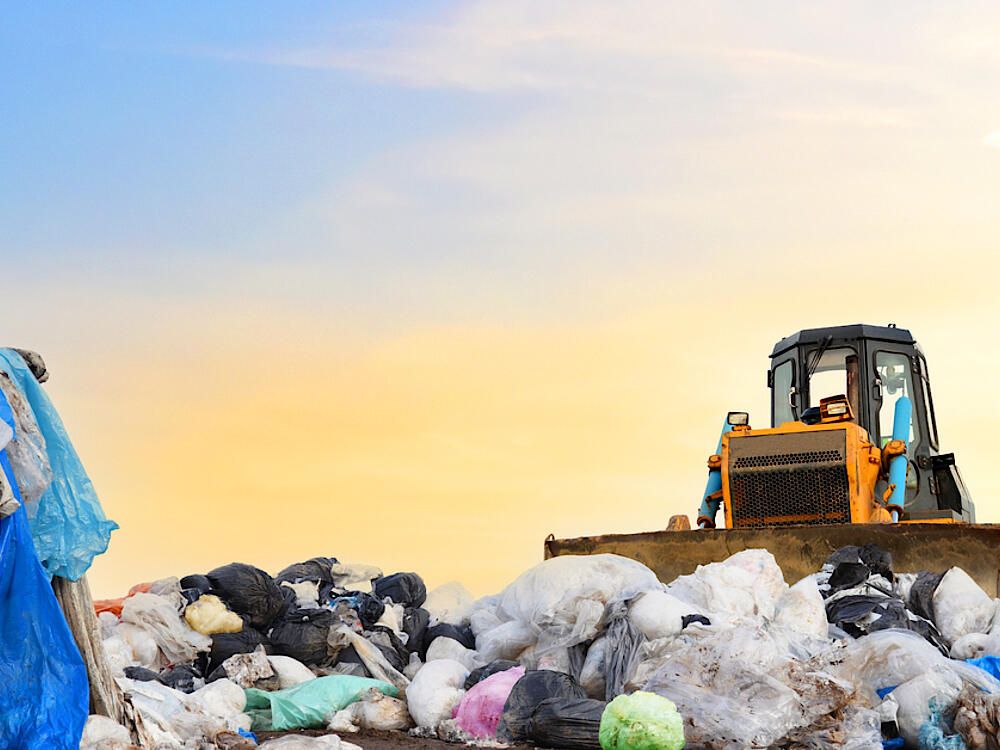CABEI will support the development of the Integrated Solid Waste Management System in Guatemala City

Through technical cooperation, final studies and designs will be prepared for the expansion of a new area at the zone 3 landfill.
Guatemala City, April 20, 2023.- It is estimated that 2,500 tons of solid waste are processed daily at the landfill in zone 3 of the capital, from the metropolitan area and 13 neighboring municipalities. This site is reaching its maximum handling capacity, requiring a comprehensive analysis and a long-term strategy to adequately manage waste and residues.
To help solve this problem, the Central American Bank for Economic Integration (CABEI) approved US$650,000 in technical assistance to prepare feasibility studies and the final design of the Integrated Solid Waste Management System, which will help the Municipality of Guatemala and the Ministry of the Environment and Natural Resources manage the technical closure of the current disposal area and the expansion of a new area with the necessary infrastructure and equipment.
CABEI President, Dr. Dante Mossi, stated, "Solid waste management is a challenge for the region, which is why the development of a strategy is essential to make the necessary investments to ensure the correct disposal of waste and residues. The Bank will continue to support these types of initiatives that have an impact on people's health and have the potential to mitigate greenhouse gas emissions.”
As part of the assistance, a diagnosis of the current situation and a sustainable and comprehensive proposal will also be prepared to better manage urban solid waste in Guatemala City and contribute to mitigating the contamination of natural resources.
The resources for this initiative come from CABEI's Climate Change Investment Project Preparation Fund, which supports public, private and institutional investment initiatives in beneficiary countries that wish to develop and implement adaptation and mitigation projects in the areas of electric mobility, water and sanitation, energy, and the acquisition of hybrid or electric vehicles, among others.



